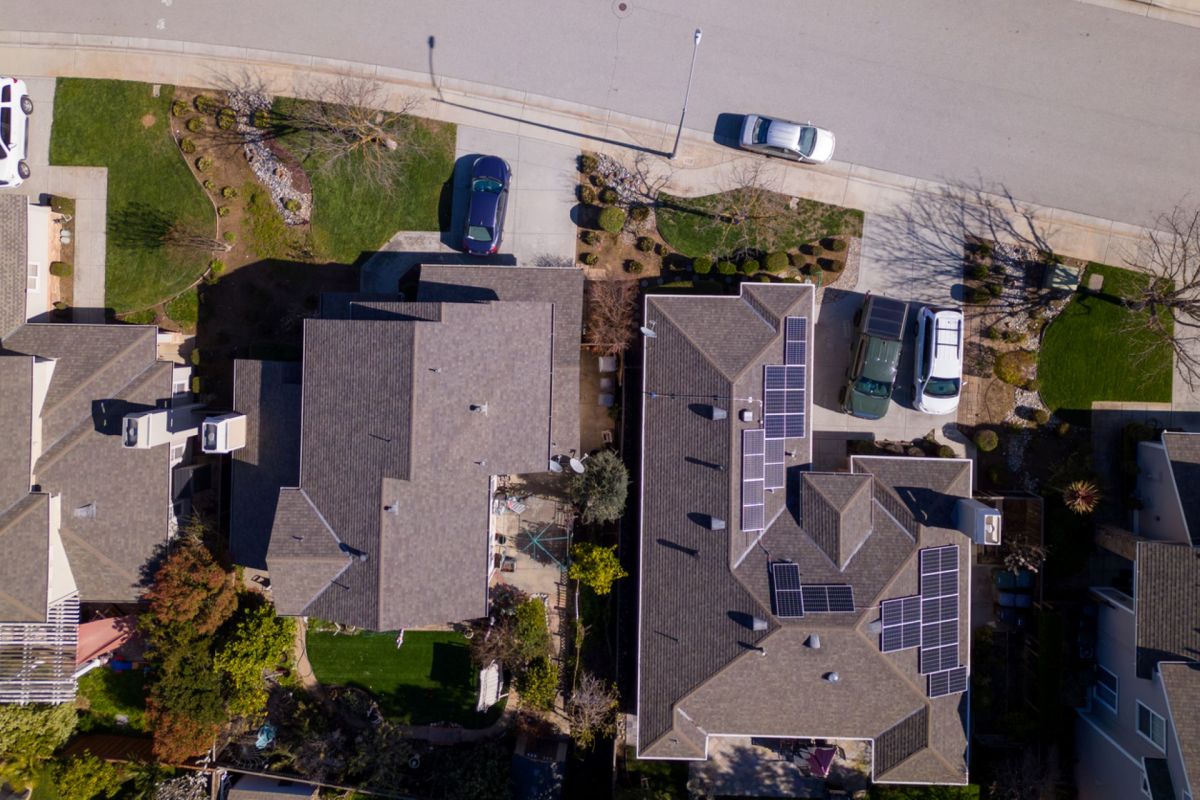A Redditor reached out for advice after their homeowners association made a puzzling request prior to their solar panel installation.
In the subreddit r/HOA, the homeowner explained how their single-family house has "an exclusive roof."
Despite that, their HOA requested an indemnification agreement, which the Universities of Wisconsin define as "an arrangement whereby one party agrees to pay the other party for any damages regardless of who is at fault."
The Redditor said the agreement would include clauses regarding maintenance and damages. In addition to wanting the document notarized, the HOA asked for it to be filed with the county recorder, which gave the homeowner pause.
"Is this (recording) a standard process in terms of solar installation? I believe signing the document and getting it notarized should be enough. Is an indemnification agreement warranted on the SFH roof since we own it?" they asked.
Other Redditors were similarly confused by the request.
"It's fairly standard if the HOA is involved in any way with the roof. Not standard if the HOA has absolutely no responsibility for the roof," one person wrote.
"No," another person added. "We do this for common area roofs. I don't understand the purpose for a single family home unless the association has any sort of responsibility [for] maintenance."
Without further information, it's not possible to determine whether this HOA was trying to make the homeowner jump through unnecessary hoops to discourage them from installing the panels.
If it was, though, it wouldn't be the first HOA to try to prevent someone from making an eco-friendly upgrade.
Many people are drawn to solar power, a type of clean energy, because the panels not only help reduce harmful pollution but also provide significant savings on electric bills.
However, in the misguided quest to protect property values, HOAs have frequently tried to shut down improvements that affect the outside appearance of homes. Native lawns join solar panels as a type of beneficial upgrade found in the crosshairs of HOAs.
Thankfully, there is plenty of guidance on how to successfully navigate and overcome disagreements with HOAs, and this Redditor is off to a great start by investigating which rules, if any, are being triggered by their plans.
"Review the master deed describing the conditions, covenants and restrictions. That and supplemental deed information will indicate who is responsible for your roof," another commenter advised.
Join our free newsletter for easy tips to save more, waste less, and help yourself while helping the planet.









